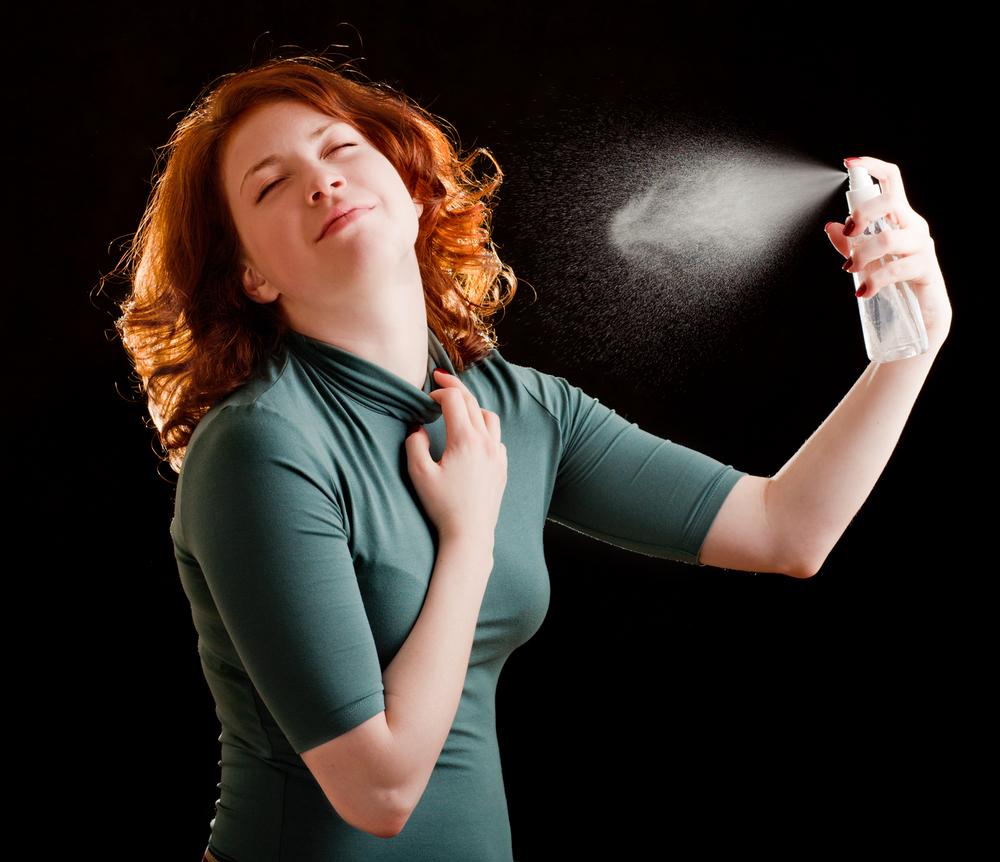Top Causes of Night Sweating You Should Know
Night sweating can indicate various health conditions, from hormonal changes to infections and neurological issues. If persistent, consult a healthcare professional for proper diagnosis and treatment. Recognizing common triggers like menopause, hypoglycemia, and certain infections helps in early intervention, ensuring better health management.
Sponsored

Experiencing frequent night sweats over several nights warrants attention, as it can signal underlying health issues. Identifying the root cause requires consulting a healthcare professional. Common reasons for night sweating include:
Menopause: Hormonal changes during menopause often lead to hot flashes, which can occur at night and cause intense sweating.
Low Blood Sugar (Hypoglycemia): Insufficient blood glucose levels, especially in diabetics on medication, may trigger excessive nighttime sweating.
Primary Hyperhidrosis: A condition where the body produces abnormal amounts of sweat without an apparent cause.
Cancer: Certain cancers, such as lymphoma, may present early symptoms like night sweats alongside weight loss and fever.
Infections: Diseases like tuberculosis, endocarditis, abscesses, osteomyelitis, and HIV can cause night sweating.
Medications: Some drugs, including antidepressants, psychiatric medicines, and even common pain relievers like aspirin, may induce night sweats.
Hormonal Imbalances: Disorders like hyperthyroidism and pheochromocytoma can result in excessive sweating during sleep.
Neurological Issues: Conditions affecting the nervous system, such as stroke or autonomic neuropathy, can occasionally cause night sweating.
Regardless of the cause, seeking medical advice promptly is essential for accurate diagnosis and effective treatment.






